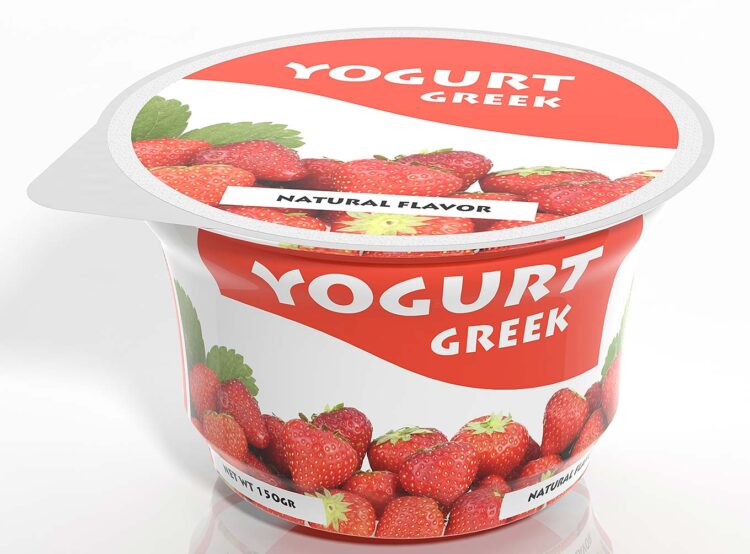The calls are due to claims that the packaging is deceptive in its messaging, and prevents parents from being suspicious of the unhealthy contents in yogurts. The researchers also found that two-thirds of the yogurts surveyed were either medium or high in saturated fat. Those with the highest saturated fat content were dairy-alternative products, including the Coconut Collaborative yogurts, which are often perceived to be healthy.
Katharine Jenner, the campaign director at Action on Sugar, said: “Clever marketing techniques such as advertising, promotions and packaging are powerful tools to get children hooked on the sweet stuff from a young age and for life.
“While the government’s obesity strategy is taking bold steps to tackle unhealthy advertising and promotions, they now need to ensure food companies only use cartoons and health halo statements on their healthier products, allowing parents to see more of what is good for their children.”
In the researchers’ ranking of the most sugary yogurts marketed at children, Nestlé Rolo mix-in toffee yoghurt topped the table with 5.5 teaspoons of sugar per 22g serving, equivalent to 16 malted milk biscuits.
Yogurts with the lowest sugar content included Nush almond milk strawberry tubes, the Coconut Collaborative mango, passionfruit yoghurt, and Yoplait Petits Filous strawberry and banana yoghurt.
The researchers also found that two-thirds of the yogurts surveyed were either medium or high in saturated fat. Those with the highest saturated fat content were dairy-alternative products, including the Coconut Collaborative yoghurts, which are often perceived to be healthy.
Graham MacGregor, a professor at Queen Mary, University of London, and the chairman of Action on Sugar, said: “With 10 children out of every class of 30 leaving primary school either overweight or obese, it is imperative that food companies act more responsibly and commit to reformulate sugar, salt and calorie reduction instead of foisting unhealthy products on us that contain child-friendly packaging with misleading nutrition and health claims.”
A Department of Health and Social Care spokesperson said: “Childhood obesity is one of the biggest health challenges that this country is facing and we are taking significant action to drive the food and drink industry to reduce sugar content.
“There is more to do and later this year we will be launching a consultation into infant food marketing and labelling as part of our efforts to arm parents with the best information.
“We are also restricting the advertising of foods high in fat, salt and sugar, changing the law to reduce promotions of less healthy food and implementing calorie labelling in large restaurants, cafes and takeaways.”




